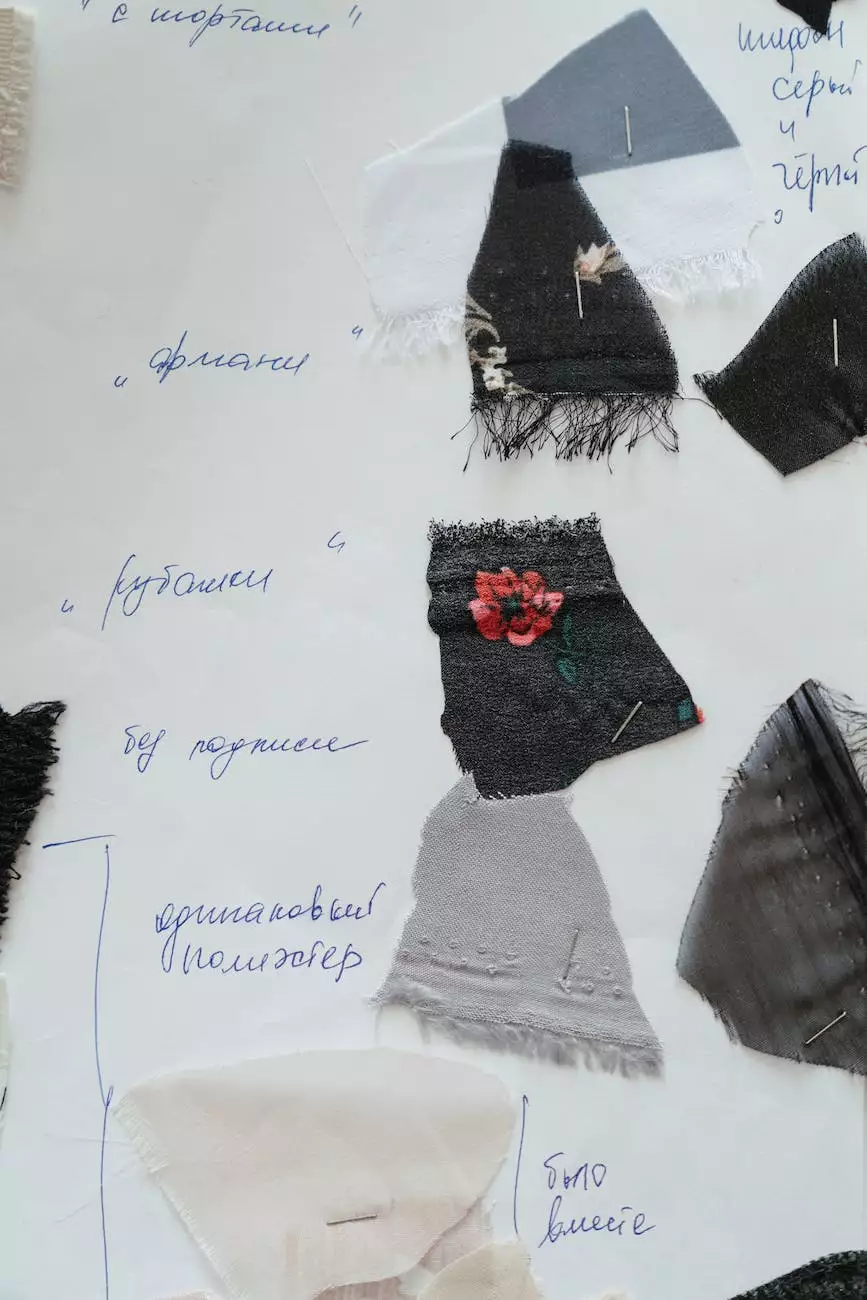All You Need to Know About the Dissertation Conclusion

Introduction
Welcome to The Knowledge Nest, your trusted platform in the Community and Society field. In this comprehensive guide, we will delve into the ins and outs of crafting an exceptional dissertation conclusion. We understand the importance of delivering a strong conclusion that leaves a lasting impression on your readers. Whether you are a student, researcher, or academic professional, this guide is designed to equip you with the necessary knowledge and strategies to create a compelling dissertation conclusion.
What is a Dissertation Conclusion?
A dissertation conclusion serves as the final chapter of your academic work, summarizing the essence of your research and providing closure to your study. It is a crucial component, allowing you to reflect on your findings, restate the main arguments, and demonstrate the significance of your research. A well-crafted dissertation conclusion not only reinforces the validity of your work but also provides a clear and concise ending to your study.
Key Elements of a Dissertation Conclusion
When composing your dissertation conclusion, it is important to include the following key elements:
A Summary of Findings
Begin by summarizing the main findings and results of your research. Provide a concise overview of the key points and discoveries you have made throughout your study. This section should highlight the most important aspects of your research and tie them together into a coherent narrative.
Restatement of Main Arguments
Revisit the main arguments and hypotheses presented in your dissertation. Emphasize their significance and relevance within the broader context of your field of study. Restating your main arguments helps reinforce their importance and reminds readers of the key insights you have provided.
Discussion of Implications
Elaborate on the implications of your research findings. Discuss how your study contributes to the existing body of knowledge, identifies gaps, or suggests avenues for future research. This section allows you to demonstrate the practical, theoretical, or methodological implications of your work.
Reflection on Limitations
Acknowledge the limitations of your research. No study is perfect, and it is important to discuss potential shortcomings, constraints, or areas for improvement. Reflecting on the limitations showcases your understanding of the research process and highlights avenues for further investigation.
Final Thoughts and Significance
In the final section of your dissertation conclusion, summarize the overall significance of your research. Highlight how your study contributes to advancing knowledge within your field or addressing existing gaps. Reinforce the value of your research and leave readers with a strong sense of the importance of your work.
Tips for Writing a Strong Dissertation Conclusion
To help you craft a powerful and impactful dissertation conclusion, consider implementing the following tips:
- Be concise and clear: Avoid unnecessary repetition or lengthy explanations. Keep your conclusion focused and succinct.
- Highlight key findings: Make sure to emphasize the most significant findings of your research, showcasing their importance.
- Connect back to the introduction: Tie your conclusion back to the introduction, demonstrating the journey you have taken and the answers you have provided.
- Suggest avenues for future research: Identify areas for further investigation, encouraging future researchers to build upon your work.
- Consider the overall flow: Ensure your conclusion seamlessly connects with the rest of your dissertation, maintaining a cohesive narrative.
- Edit and proofread: Thoroughly review your conclusion to eliminate any grammatical or spelling errors, ensuring a polished final piece.
Conclusion
Writing an effective dissertation conclusion requires careful consideration of various elements, including summarizing key findings, restating main arguments, discussing implications, reflecting on limitations, and emphasizing the significance of your research. By following the tips outlined in this guide, you can create a compelling conclusion that adds value to your work and leaves a lasting impact on your readers. The Knowledge Nest is here to support you in your academic journey by providing expert insights and guidance across various fields. Explore our extensive range of resources to enhance your knowledge and excel in your research endeavors.










